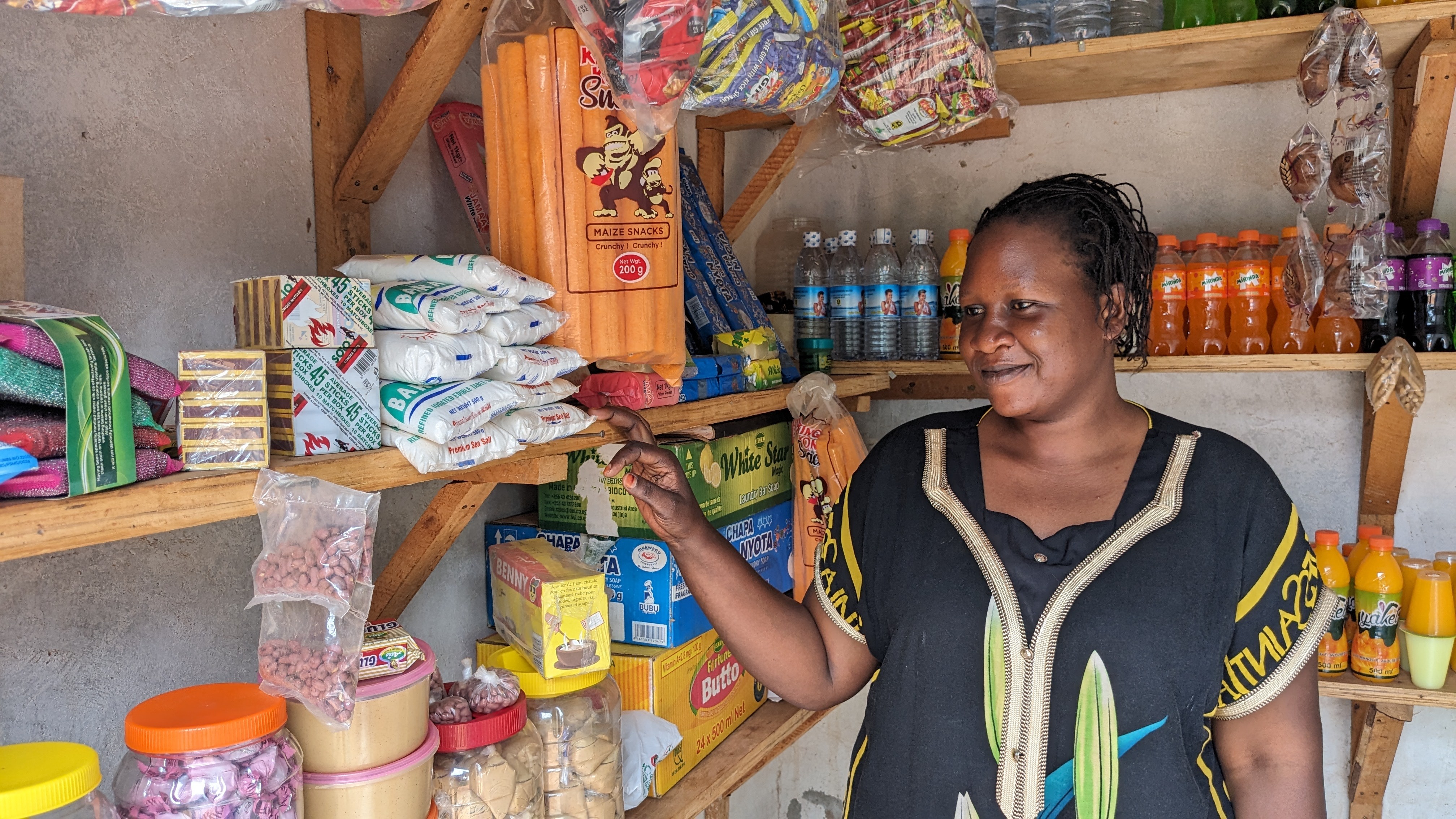
The June 14 Washington Post essay by Anton Jäger and Daniel Zamora Varga, “The problem with universal basic income programs,” mischaracterized the impact and intention of direct cash transfers, arguing they “forestall systemic or structural changes.”
The authors employed a causal fallacy in claiming the spread of cash programs such as universal basic income are a result of an unrelated pro-globalization trend in aid dating back to the 1980s. Their only evidence that cash is used as an “alternative to both state-led industrialization and public services” comes from Mexico, where “the Progresa [cash] program … replaced price controls and food subsidies.” In reality, Mexico made the switch to direct payments simply because subsidies and in-kind aid often failed to reach rural communities.
Giving directly is popular because it works. More than 300 studies show cash programs such as Progresa allow people to rapidly transform their lives, with impacts lasting for decades. Giving cash outperforms conventional aid programs such as job training or sanitation and nutrition, unsurprising given people in poverty know their needs better than experts thousands of miles away. Yet today, much of the hundreds of billions spent annually on global development still goes to interventions that do not work.
The authors argued that giving to individuals “is disconnected from the transformation of the global division of labor or the expansion of public services,” when, in reality, cash programs work in concert with these changes. I grew up in rural poverty in Kenya, where, despite strides in economic inclusion and public services, millions are still stuck in extreme poverty. My own escape was thanks to benefactors, without whom I would have lacked the basic funds to access available education. In this way, cash transfers provide an income floor for those remaining in poverty to reach the opportunities enjoyed by the rest. Done at scale, it can transform the entire economy: a recent study found that giving 10,500 Kenyan families cash created $2,500 of new economic activity for every $1,000 given with nearly no inflation.
This impact is why cash transfers enjoy a broad spectrum of supporters from leftists to libertarians, local leaders to development banks, and, yes, Silicon Valley. Just as vital are the real leaders of this movement: economists from developing countries such as Abhijit Banerjee and Tavneet Suri and advocates such as the Rev. Martin Luther King Jr. However, adoption has largely stalled: Most pandemic programs have since sunset, and the percent of development budgets given directly is in the single digits.
It’s important to evaluate the steps required to eradicate extreme poverty, and the evidence shows direct cash transfers have a vital role to play. The specious argument from these authors creates a false sense that perhaps nothing in the world of development works, a dangerous cynicism to promote as wealthy countries cut aid to poorer ones. We should instead feel hopeful: Cash transfers are a proven way to accelerate the transformation of the poorest economies.
Caroline Teti, Nairobi
The writer is director of of recipient advocacy at GiveDirectly.

